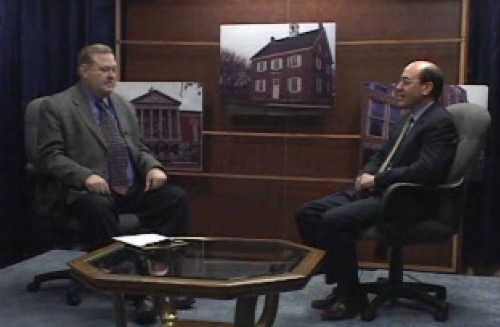In articles on spousal asset protections and income protections and another article on medicaid gifts we looked at the public assistance program known as Medicaid that provides benefits for the costs of long-term health care. Medicaid is the federal program administered by the states which provides medical benefits to those with limited assets. If your income and resources fall below the established minimums, you qualify for Medicaid and the government pays your nursing home expenses.
In Pennsylvania, the current resource limit for a single person is either $2,400 or $8,000. Not included in determining whether you cross this threshold are household goods and personal effects, a car, small life insurance policies, and certain amounts set aside for burial. However, the most important exemption is for your house if it was your principal place of residence. The exemption is limited to $713,000 (in 2024) as a result of the Deficit Reduction Act of 2005.
In Pennsylvania, you can be eligible for nursing home medical assistance and retain your house provided you (or someone acting on your behalf) express an intent to return to the home. That is, even if there is no chance that you will ever return, the house is exempt as long as you state in writing that you intend to return. The theory is that the house should be there for you just in case you do return home. Therefore, many of those who have their nursing home bill paid by medical assistance still own their own homes. However, even though the house is exempt while you’re living, the Department of Human Services (formerly known as the Department of Public Welfare) is waiting. You see, under current law, they now have a claim against your estate for all of the nursing home benefits you received. As such, upon your death, it may be necessary to sell the home to pay back the medical assistance benefits.
Because the Department of Human Services is waiting to collect upon your death, there are rules designed to keep you from giving your house away while you are alive. If you are about to enter a nursing home and still own a residence, you may be able to transfer the house to another family member so that it will not have to be sold when you die. Without advance planning, however, the options are limited.
First, the home can always be transferred to your spouse. Second, you can transfer the house to a child if the child is under age 21, or is blind or disabled. Third, transfers to a brother or sister are allowed if the sibling had an equity interest in the home and resided with you in the house for at least 1 year before you enter the nursing home. Finally, a transfer to a child is permitted if the child lived with you for at least 2 years before you go to the nursing home and the child provided care which allowed you to stay at home, rather than enter a facility. If you don’t fall into these categories, a transfer of the home may render you ineligible for medical assistance unless the transfer was properly planned in advance of your medical assistance application.
